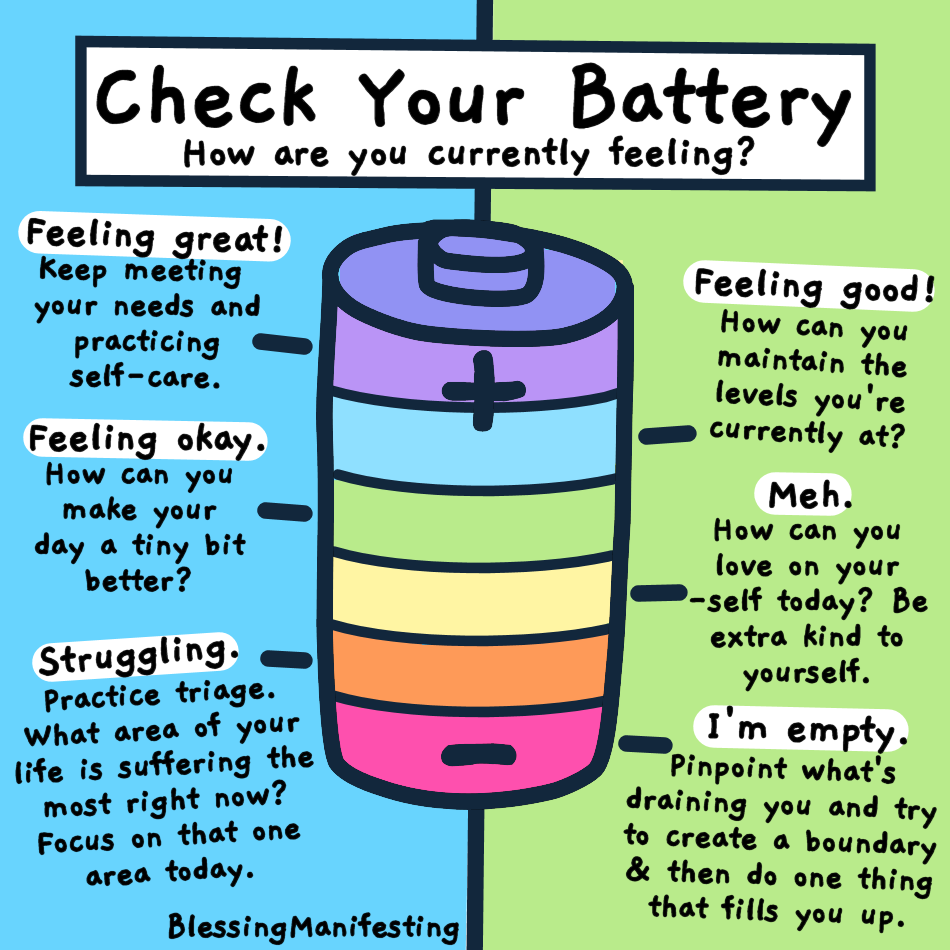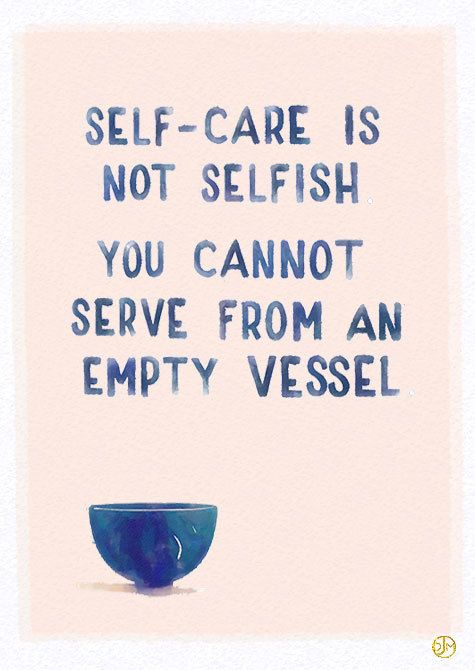Are You Taking Care of Yourself? A guide to Self-Care
By Sarah Dean
When asked “are you taking care of yourself?”, we are generally quick to reply with a yes or I guess so. But for something that can be so simple, practices of self-care can easily be overlooked. So, we want to break down the basics and help give you some ideas on how you can implement self-care while you’re living your day-to-day life.
What is self-care?
Self-care can be almost any activity we do, as long as it’s for the purpose of helping our physical, mental or emotional health. Some people might say self-care is taking a bath and putting on a face mask. While this is one way to show care for yourself, there are so many basic habits you could be putting into your daily schedule, like going for a run, reading a book or being mindful.
Looking at what self-care isn’t is just as important when developing self-care practices. Self-care should not be forced and if you run out of time for your planned activity, it shouldn’t put you in a stressful position. You should feel rejuvenated, relaxed and clam.

Why does it matter?
At Challenges Abroad we are passionate about helping the lives of the people around us, and that includes our volunteers too! Taking care of yourself is so important, especially during tough times. Having small habits to help lift you up each day will have a great impact on your well-being and possibly enhance your ability to concentrate. We need to be our best selves in order to go out into the world and help create change.
Why can practicing self-care be so hard?
Sometimes we put “me-time" at the bottom of our agenda, and it happens to all of us. Many of us are super busy with work, university or maybe both! We also confuse ourselves on what self-care really is and we tend to fill our time with social media, spending hours upon hours on our devices. Others can often feel guilty for putting time aside to focus on themselves. But we want to show you that small acts of self-care can be put into your day-to-day life and it doesn’t make you selfish for doing it!

Eleanor Brownn quotes
How to practice it?
Self-care doesn’t have to be hard, in fact by making a self-care routine many of these simple acts will just become second nature. Let's look at 3 of the most basic forms of self-care and how you can get into a routine:
1. Sleep – It plays a huge role in our physical and mental health and is probably one of the most important practices to monitor. Start by looking at how many hours of rest you get each night and how you feel on a scale of 1 to 10 in tiredness throughout the day. If you feel you are not getting enough sleep, maybe look at what you could be doing to help wind yourself down before bed. You might need to turn your phone off and have a hot tea at least an hour before you put your head to the pillow. Sleep can come as a struggle, especially if you’re feeling some stress. Look into what may help you most to get those much-needed hours of rest.
2. Water – Remembering to stay hydrated can be a challenge for many. If we’re busy getting on with our day (or practicing self-care and having a rest day) we sometimes forget to have our 2L of H20 a day, and that’s really important. Water stops our battle with dehydration which allows us to think more clearly and get on with our tasks. But remembering how much water you’ve been drinking can be a chore, so track it! If you have a smart watch, you can track your daily intake of water, and for those without can simply tally on the fridge, a sticky note, your phone or if you want to get creative, start a self-care journal and have a page to log your intake. It really can be that simple!
3. Exercise and/or rest – We often feel pressured to exercise, but checking in with your energy levels and schedule is what should be the drive in determining what you can do; not what people you see on social media are doing. If you have the time, getting out for a walk or run has great impacts on the body, mentally as well as the physical benefits. But if you feel you’re lacking energy maybe a short stretch is your better alternative. Another key factor is when. When in the day is best for me to practice this form of self-care? Maybe it is a great way to start your day before work or it is something you leave for the afternoon. So, in amongst your schedule of work, study and appointments, leave a space for this activity. Again, checking in with yourself and your mind to determine what is best for you.
These are just 3 simple things that are already included in our daily life that you can use to form the basis of your self-care routine. But you can also think of other things to add to your routine like a home facial or your favourite snack. Be aware of yourself and your needs and take it one day at a time.
Because before you can help others, you must afford yourself of the care you need most. If you feel energised, enthusiastic and most importantly ready, look towards the future with us and check out our future volunteer challenges. Could you be helping others with their needs now?





